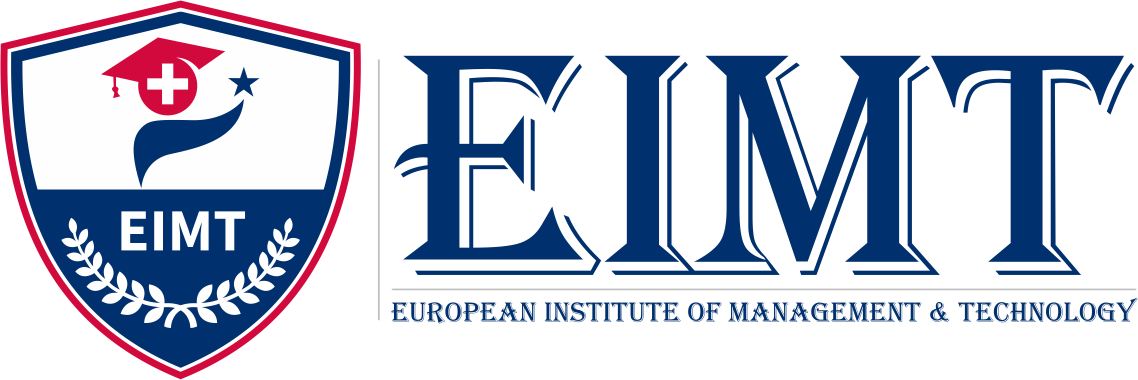
Master in Legal Studies
- Home
- Master in Legal Studies
Program Overview
-
24 Months online Program.
-
Online court proceedings demo classes.
-
Highly Qualified Industry/Law Experienced Faculties.
-
Get a holistic and strategic understanding of the Law industry.
-
Discover the latest Law business and industry trends.
Achieve Your Dream
Bachelor of Arts in Psychology
Our MLS degree will assist you in gaining these particular legal skills and knowledge so that you may prepare for future leadership and management responsibilities. The foundations of the Swiss legal system, legal writing, and research are covered early on in your degree. Then you have the option of focusing on one of several tracks:
![]() Entrepreneurship, Technology, and Innovation
Entrepreneurship, Technology, and Innovation
![]() Health-Care Law
Health-Care Law
![]() Studies in general.
Studies in general.![]() Risk Management and Compliance (fully online)
EIMT School of Law is founded on history and provides a relevant degree for those wishing to grow in their professions. In an increasingly regulated global market, businesses want trustworthy in-house specialists not just to comply, but also to prosper, manage and identify risks and opportunities. Legal techniques, analysis, and communication training will equip graduates to accomplish these jobs as well as to assume leadership roles inside businesses.
Our completely online curriculum will equip you to lead compliance activities in any firm, regardless of industry. You will graduate with an in-depth understanding of the law, legal analysis, and the frameworks used to identify, analyze, and respond to risk. You study the rules and regulations governing data and cyber security, healthcare, finance, and corporate compliance and risk, since knowing these laws and how they affect enterprises is crucial to functioning effectively as a compliance officer.
Risk Management and Compliance (fully online)
EIMT School of Law is founded on history and provides a relevant degree for those wishing to grow in their professions. In an increasingly regulated global market, businesses want trustworthy in-house specialists not just to comply, but also to prosper, manage and identify risks and opportunities. Legal techniques, analysis, and communication training will equip graduates to accomplish these jobs as well as to assume leadership roles inside businesses.
Our completely online curriculum will equip you to lead compliance activities in any firm, regardless of industry. You will graduate with an in-depth understanding of the law, legal analysis, and the frameworks used to identify, analyze, and respond to risk. You study the rules and regulations governing data and cyber security, healthcare, finance, and corporate compliance and risk, since knowing these laws and how they affect enterprises is crucial to functioning effectively as a compliance officer.


